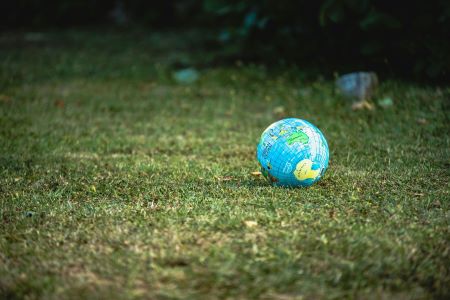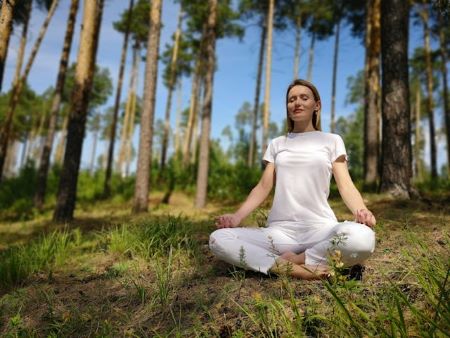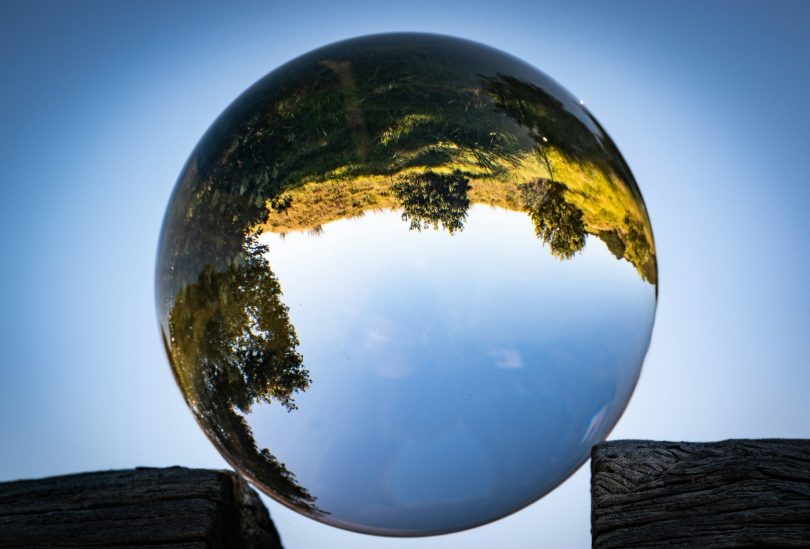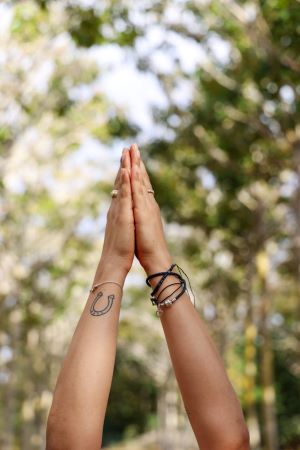Planet Earth has never been a place of absolute safety for us or for any of the other species or systems that have evolved to make our lives possible. There have always been threats.
We eat, but we are also food; we love, but we also lose, grieve, and fight; we are born, but we also die.
In this era, the Anthropocene, we face the possibility that humanity may shift from continuous growth in numbers, prosperity, safety, and civilisation to catastrophic collapse.

The natural environment on which our societies are built—the soil, water, forests, mountains, oceans, and the species they contain—has endured myriad shocks and stressors from human activity. We have wiped out species before, but never at this scale. We have polluted rivers and seas, but never globally all at once. We have faced plagues, but never global pandemics that spread in days or even hours.
Recognising the scale of what we have lost and are losing in terms of species and ecosystems evokes a different kind of grief, yet it is still grief. We face tensions between people’s beliefs and values that threaten to tear apart communities and societies everywhere. Yet these challenges are not entirely new, just more widespread than before.
Through a Yoga practice that acknowledges the need to confront ourselves, to understand that we are not separate from “them,” we can learn from the practices of ancient forest dwellers who turned inward even as the social fabric frayed.
By exploring classical practices and adapting wise advice from other teachers, we can transform how we interact with the world.
This process does not aim for perfection but radical acceptance of the current situation.

A beginner’s mindset is a good starting point. Sit comfortably with an upright spine. Find a balance between comfort and alertness. Lengthen and deepen your breath, then allow it to regulate itself. You are not your ego, which maintains an illusion of control. You are the observer, and by observing, you shift how the systems within you and around you interact. It may be a small shift, but it is significant. This is a practice, and as you practice, you improve.
Similarly, practice ‘sitting into’ yoga asanas. Instead of rushing through a sequence, observe yourself internally (not by looking in a mirror) to create a cascade of biofeedback. This practice can help you be less reactive and less likely to contribute to the ecotastrophe with words or thoughtless actions.
The next stage is listening—to the internal processes like breath, heart, digestion, and cell repair. Listen without judgment. Notice the way you talk to yourself and find the space between breaths, the silence between thoughts. Begin your practice with easier poses like cat-cow, side stretches, and twists, hamstring stretches, then progress to more challenging poses like natarajasana (dancer’s pose), navasana (boat pose), or push-up into plank. These poses may trigger internal criticism.
Can you be kind to yourself in these moments?
Practicing compassionate listening will ripple out into how you listen to others, even those who deny climate change.
Listen for change within yourself.

The third step is communication. Focus on your thoughts and the silence within. When you speak, even internally, find the voice that you will listen to—not the judgmental voice of the ‘parent’ nor the needy voice of the ‘child,’ but the self-observational, compassionate voice of the adult.
Can you use clear and unambiguous language in your communication? Patanjali’s Yoga included grammar, the grammar of the body. Can you move and breathe in your practice without excessive flourishes? Can you avoid avoidance and self-deception? Keep your practice focused and stick to your plan for asanas, pranayama, and meditation.
Marshall Rosenberg, who developed Nonviolent Communication, suggested adopting an attitude of unconditional positive regard. Imagine practicing Yoga with this mindset: you are already doing your best. As you bring your attention to your practice, your best can improve. This shift indirectly influences how you respond to situations in your life, including eco-anxiety.
When we communicate, we have the potential to change and be changed.
With a little effort, we can maintain peace, act effectively, deepen relationships, and convey our point. Focusing on our interconnectedness and what is good for the whole system allows us to become more effective peaceful warriors.
For more on what we can do and what ‘good’ means in the context of enmeshed systems, please get in touch!
I offer Yoga, including Yoga Nidra, pranayama, meditation, philosophy, and discussion as ways of responding to the ecological emergency. These techniques and ideas are not new but are presented in a way that allows us to harness their benefits.
By manifesting who we truly are – interconnected, interrelational, compassionate, always imperfect but always capable of becoming more deeply compassionate – we can address our personal pain while confronting the existential threats our species faces.
Main – Photo by Look Up Look Down Photography on Unsplash




